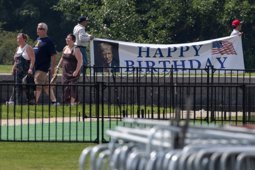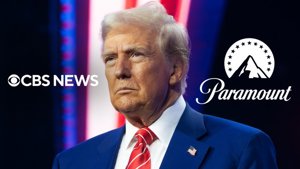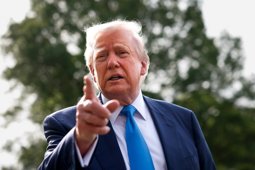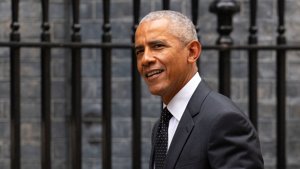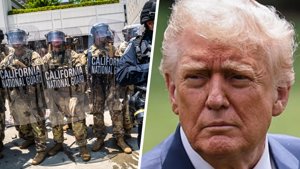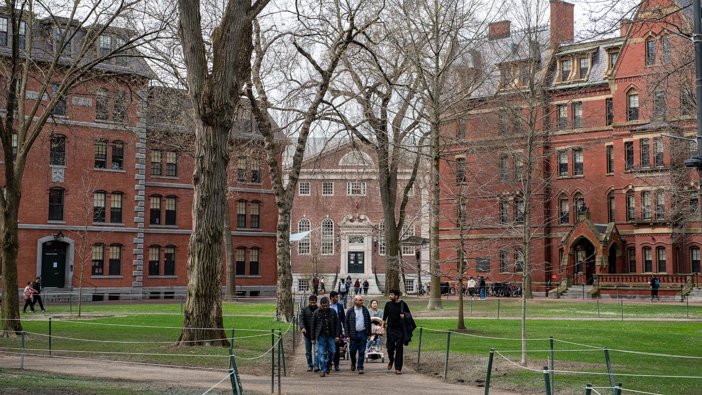
Judge to Block Trump Harvard Visa Ban
Federal judge plans to block Trump administration’s move to revoke Harvard’s student visa program.
Harvard Faces Ongoing Legal Battle Over Foreign Student Ban
A federal judge in Boston announced plans Thursday to issue a preliminary injunction halting the Trump administration’s efforts to revoke Harvard University’s certification to host international students. The case stems from allegations by the Department of Homeland Security (DHS) that Harvard failed to meet federal reporting obligations and allowed an unsafe, antisemitic campus environment.
Judge Allison D. Burroughs, who already granted Harvard a temporary restraining order last week, confirmed that the current order would remain in place while both sides propose draft injunctions. A final ruling is expected following submissions from both parties, but for now, the court has preserved the university’s right to operate under the Student and Exchange Visitor Program (SEVP).
The DHS, through a formal letter to Harvard leadership, cited multiple compliance failures, including insufficient action against antisemitic harassment and alleged collaborations with foreign governments hostile to U.S. interests. According to the letter, evidence points to widespread campus intimidation against Jewish students and continuing recognition of student groups accused of supporting Hamas-related rhetoric.
Officials also raised national security concerns over Harvard’s alleged connections with the Chinese Communist Party and its military-linked institutions. DHS stated that Harvard partnered on defense-related research projects with Chinese universities and trained members of the Xinjiang Production and Construction Corps—a group previously sanctioned for human rights abuses.
Since 2020, Harvard has reportedly accepted $151 million from foreign governments, including China and Iran, making up more than 13% of its total foreign funding during that period. Federal investigators argue that such partnerships compromise national security and warrant immediate federal action.
State Department Escalates Scrutiny and Vetting
Beyond Harvard’s case, the Trump administration has expanded visa investigations, targeting not just student visa holders but also those on business (B-1) and tourist (B-2) visas affiliated with the university. State Department officials confirmed that this vetting process will be continuous, rather than a one-time evaluation.
Secretary of State Marco Rubio emphasized the administration’s aggressive stance, stating that the U.S. would continue revoking visas of foreign students posing security threats. The State Department has reportedly already invalidated thousands of visas and is pausing new student visa appointments globally.
Spokesperson Tammy Bruce reiterated that all visa holders should expect ongoing oversight. “A visa is a privilege, not a right,” she said, noting that any incidents—such as arrests or policy violations—would likely trigger consequences. Bruce also confirmed plans for enhanced social media screening as part of the updated vetting procedure.
She framed the measures as part of President Donald Trump’s broader “America First” education agenda, aimed at safeguarding campuses from foreign influence and political unrest. “We want parents to feel confident that their children can return home safe and well-educated—not ideologically transformed or endangered,” Bruce said.
Harvard has responded by calling the visa termination unlawful and warned that over 7,000 international students could be affected. Lawyers for the university stressed the psychological and academic toll on foreign students, many of whom are reportedly anxious and uncertain about their status.
As legal proceedings continue, the case stands as a flashpoint in the administration’s broader crackdown on university practices and visa enforcement. The outcome may set precedent for how U.S. academic institutions handle compliance, foreign collaboration, and student rights in a shifting political landscape.

